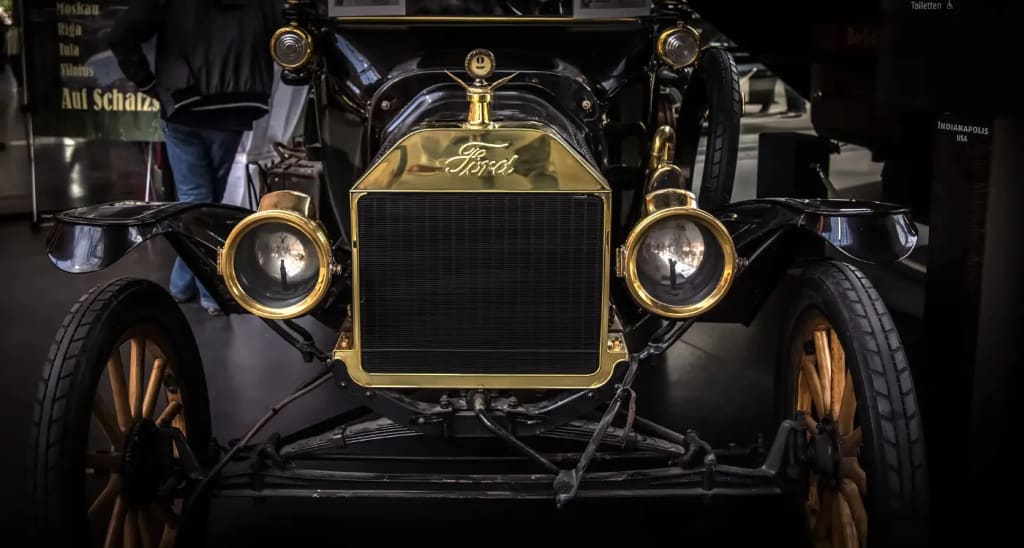"The History of the Automobile: From the First Cars to Modern Day"
"Driving Through Time: A Journey from the Birth of Cars to the Present Day"

The automobile has become an essential part of modern life, allowing people to travel quickly and efficiently. From the first steam-powered vehicles to the advanced electric cars of today, the automobile has come a long way in its evolution. This article will take a look at the history of the automobile, from its early beginnings to the present day.
Early Developments
The first self-propelled vehicle was a steam-powered carriage invented by Nicolas-Joseph Cugnot in 1769. This vehicle, which was designed to move artillery, had three wheels and could travel at a speed of about 2.5 miles per hour. However, it was not until the 19th century that the automobile began to take shape as we know it today.
In 1807, Francois Isaac de Rivaz built the first internal combustion engine. The engine was fueled by a mixture of hydrogen and oxygen, and it powered a vehicle that he built a few years later. However, it was not until the late 1800s that the internal combustion engine began to be widely used in automobiles.
In 1886, Karl Benz built the first gasoline-powered automobile. The Benz Patent-Motorwagen had a top speed of about 10 miles per hour and could travel up to 25 miles on a single tank of gasoline. This was the first automobile that was designed specifically for personal use.
Early automobile designs were often expensive and unreliable. However, advancements in technology and production methods allowed automobiles to become more affordable and reliable over time.
Mass Production
In the early 1900s, Henry Ford revolutionized the automobile industry with the development of the assembly line. This allowed for mass production of automobiles, making them more affordable and accessible to the general public. The Ford Model T, which was introduced in 1908, became one of the most popular automobiles of all time, with over 15 million units sold.
During this time, other major automobile manufacturers also emerged, including General Motors and Chrysler. These companies developed new technologies and designs, including the first automatic transmission, power steering, and air conditioning.
The Rise of the Electric Car
In the early 1900s, electric cars were a popular alternative to gasoline-powered vehicles. They were quiet, clean, and required little maintenance. However, the invention of the electric starter in 1912 made gasoline-powered vehicles easier to operate, and they soon became the dominant form of transportation.
In recent years, the electric car has experienced a resurgence in popularity. The development of advanced battery technology and improvements in electric motor efficiency have made electric cars more practical and affordable than ever before. Tesla, founded in 2003, is perhaps the most well-known electric car manufacturer, producing high-end vehicles with impressive range and performance.
The Future of the Automobile
As technology continues to advance, the automobile is likely to undergo even more changes in the coming years. Self-driving cars, which use advanced sensors and software to navigate roads without human intervention, are already being developed by several major automobile manufacturers. These vehicles have the potential to reduce accidents and increase efficiency on the roads.
Additionally, alternative fuels such as hydrogen and biofuels are being developed as potential replacements for gasoline and diesel. These fuels produce fewer emissions and could help to reduce the environmental impact of automobiles.
Conclusion
The automobile has come a long way since its early beginnings as a steam-powered carriage. Advancements in technology and production methods have made automobiles more affordable and reliable, allowing them to become an essential part of modern life. As technology continues to advance, the automobile is likely to undergo even more changes in the coming years, with the potential for self-driving cars and alternative fuels to transform the way we travel.





Comments
There are no comments for this story
Be the first to respond and start the conversation.